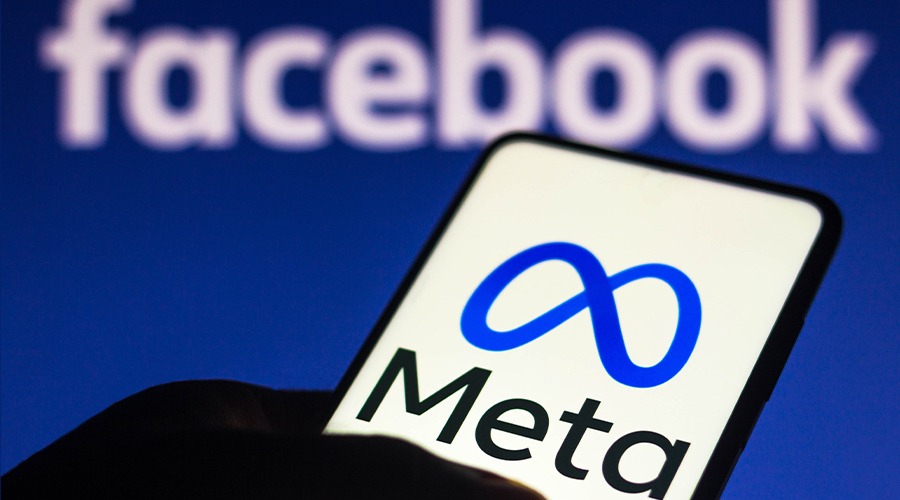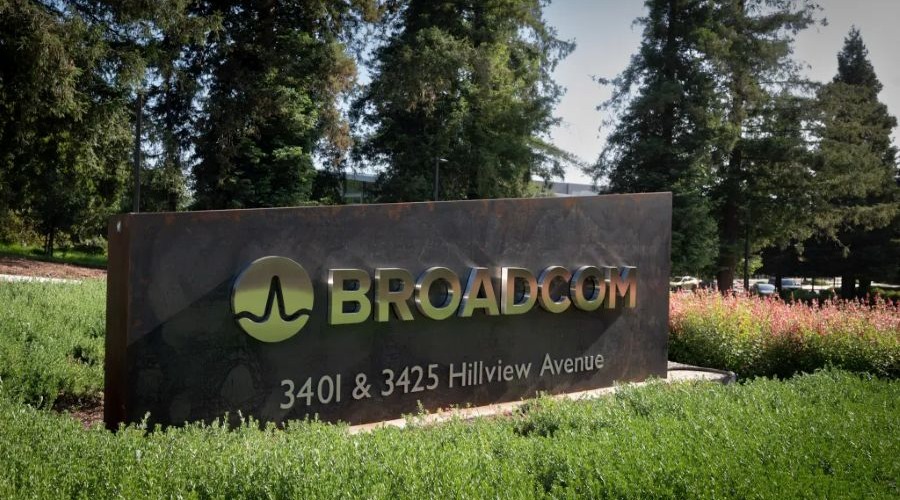Meta, the parent company of Facebook, et al, and its relentless pursuit of efficiency in 2023 pays off as the company inches closer to a $1 trillion market cap.
Mark Zuckerberg's tactics and a 200% surge in stock prices have reaffirmed Meta’s position as a major player among the Big Tech giants. With a market cap of $966.60 billion, Meta is eyeing the coveted trillion-dollar milestone, showcasing a remarkable rebound after facing challenges in 2022.
Meta's Resilience: Navigating Challenges and Reclaiming Value
Meta’s journey, marked by resilience, strategic maneuvers, and Mark Zuckerberg's return to form, reflects the company's ability to rebound from challenges faced in 2022. As Meta approaches this significant valuation, it joins the elite league of tech behemoths, underlining its renewed market prominence.
From Layoffs to a Market Surge
Following a tumultuous period that saw Meta's unprecedented one-day wipeout and a decline in user base, the company embarked on a transformative "Year of Efficiency." Now, it’s back among the big names, Microsoft, Apple, Alphabet, Amazon, and Nvidia, all of which are currently valued at $1 trillion or more. Microsoft is currently leading the pack with a market cap of $2.93 trillion having gone back and forth with Apple. This isn’t new territory for Meta. The last time the social media and VR giant crossed the $1 trillion mark was in June 2021, and it hit $1.08 trillion later that year.
Meta’s Unique Position
Meta weathered something of a tech tempest when the world hit the 'unfriend' button toward the end of the COVID lockdowns. As global movement restrictions eased, demand for tech took a nosedive, setting the stage for Meta's uphill battle.
February 2022 was a dark chapter for Meta. A seismic jolt reverberated through Wall Street as the company endured the largest single-day wipeout in US corporate history. The culprit? A stark revelation that Facebook's daily active user base, the pulse of its digital empire, had shrunk for the first time.
Layoffs and Efficiency
Meta orchestrated a strategic round of layoffs and efficiency vows. 11,000 employees bid adieu in November 2022, marking Meta's first major layoffs. The stage was set; 2023 was heralded as the "Year of Efficiency," a bold promise echoing across Silicon Valley.
Echoes of triumph filled the tech arena as Meta's Q3 2023 earnings were well up. Defying the skeptics, the company not only weathered the storm but emerged stronger.
Meta's stock, once flirting with the abyss, pulled off a dramatic about-face. A stellar 200% surge in 2023 catapulted Meta to the S&P 500's silver medal position, trailing only the mighty Nvidia. Meta shares, akin to a Wall Street drama, closed at $376.13, tantalizingly close to the trillion-dollar cap threshold.


















